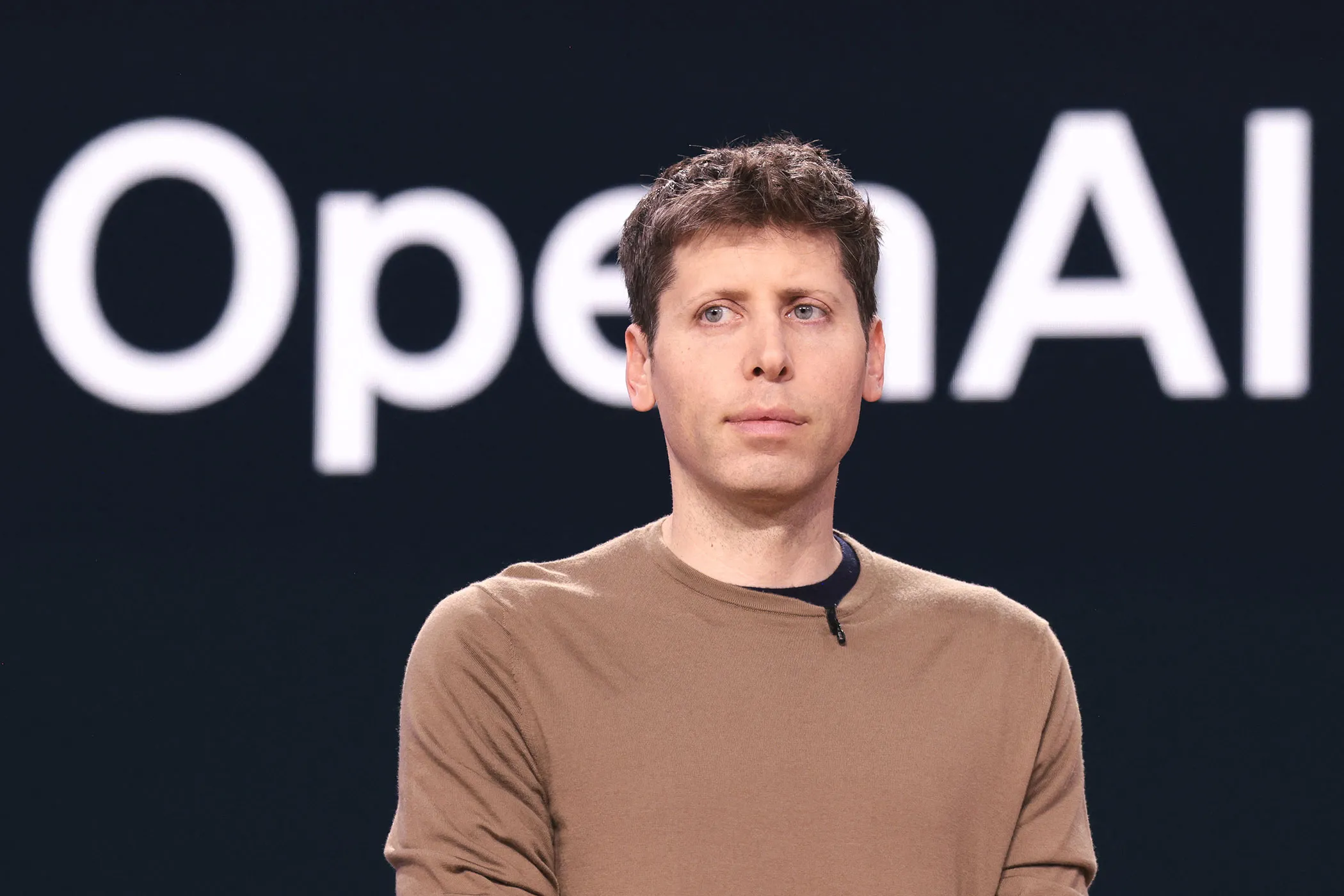OpenAI’s text-to-video generator, Sora, has become the center of controversy following a leak by early testers protesting the company’s practices. The leak, orchestrated by a group of around 20 artists, enabled public access to the tool, which had been available only to select testers under strict guidelines. In response, OpenAI temporarily suspended Sora’s early access program after just three hours.
Sora, introduced earlier this year, has shown promise in generating detailed, dynamic video scenes from simple text prompts. However, the group of testers, calling themselves “Sora PR Puppets,” accused OpenAI of using them as unpaid labor to bolster its public relations efforts. “We believe instead we are being lured into ‘art washing’ to tell the world that Sora is a useful tool for artists,” the group wrote in a post on the AI platform Hugging Face, where they also shared unauthorized access to Sora’s API.
This looks real – early testers have leaked access to OpenAI Sora using Hugging Face Space https://t.co/Hx1vflGsx5 pic.twitter.com/HFDd3aDT8C
— Tibor Blaho (@btibor91) November 26, 2024
The Artists’ Critique
The protesting artists argued that their feedback, bug testing, and experimental work were being exploited by OpenAI, a company valued at $150 billion. They claimed the program stifled creativity, requiring all Sora-generated content to be pre-approved by OpenAI before sharing publicly. “This is less about creative expression and critique, and more about PR and advertisement,” they stated.
By releasing the tool to the public, the group hoped to raise awareness about these issues and push OpenAI to adopt a more artist-friendly approach. The leaked front end allowed users to generate 10-second videos in up to 1080p resolution, showcasing Sora’s capabilities. The leak led to long queues and several outputs, many marked with OpenAI’s visual watermark, surfacing on X (formerly Twitter).
OpenAI's Sora LEAKED! https://t.co/X3EmAZAJk0
— Kol Tregaskes (@koltregaskes) November 26, 2024
OpenAI’s Response
Following the leak, OpenAI confirmed it had temporarily shut down Sora’s early access while investigating the situation. “Hundreds of artists in our alpha have shaped Sora’s development, helping prioritize new features and safeguards,” OpenAI spokesperson Niko Felix told The Washington Post. Felix emphasized that participation in the program was voluntary and noted that artists faced no obligations beyond responsible use of the tool. However, OpenAI has not clarified what constitutes “responsible” use or addressed specific concerns raised by the protesting group.
Some artists within the program expressed differing views. André Allen Anjos, another participant, suggested the protesting group’s stance did not reflect the opinions of the majority involved in Sora’s development.
Technical and Ethical Challenges
The controversy adds to the scrutiny Sora has faced regarding its development and data practices. Earlier this year, OpenAI CTO Mira Murati admitted uncertainty about whether Sora’s training data included content from YouTube or other video platforms. In April, YouTube’s CEO warned OpenAI against training models on its videos, citing violations of its terms of service.
Beyond ethical concerns, Sora’s technical hurdles have delayed its public release. OpenAI Chief Product Officer Kevin Weil recently highlighted challenges in refining the model, ensuring safety, and scaling computational resources. Earlier versions of Sora were criticized for slow processing speeds and inconsistent outputs, though leaked code for the latest iteration suggests improvements, such as faster processing and customizable styles.
Meanwhile, competitors like Runway and Stability AI have gained ground, securing partnerships with major players in the film industry. OpenAI, despite demonstrating Sora to Hollywood studios, has yet to announce any high-profile collaborations.
Heres the best one. pic.twitter.com/ecqnf6j88e
— Adnan Ahmad (@BEAST_OFFICIIAL) November 26, 2024
A Call for Transparency
The protesting artists maintain that their actions are not anti-AI but aimed at fostering a more equitable and transparent approach. “We are not against the use of AI technology as a tool for the arts,” they wrote. “What we don’t agree with is how this artist program has been rolled out and how the tool is shaping up ahead of a possible public release.”
With Sora’s early access program on hold and questions about its ethics and practices mounting, OpenAI faces increasing pressure to balance innovation with accountability in its rollout strategy.










